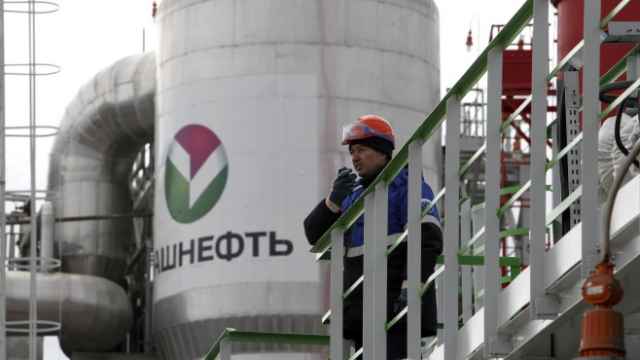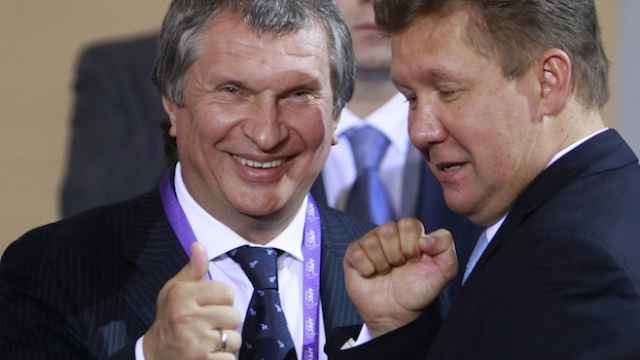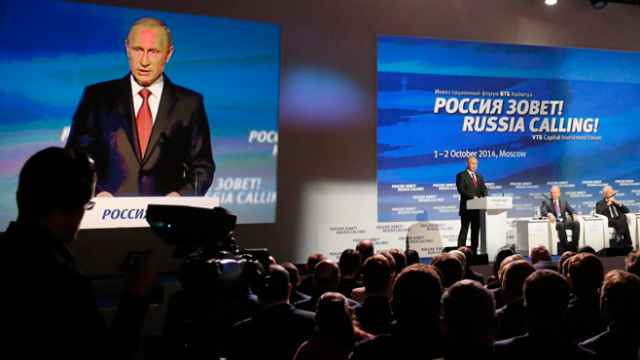Manufacturing in Poland, ex-communist central Europe's largest economy, returned to growth in October, starting to catch up with stronger expansion in the Czech Republic and Hungary in a sign of regional robustness in the face of Russian sanctions.
The Polish manufacturing PMI rose to 51.2 last month, its highest level in six months, from 49.5 in September and above a Reuters forecast of 49.9. The 50 point mark separates expansions in activity from contractions.
The rise in the index followed a three-month contraction and was driven by increases in output and new orders, said Markit and HSBC, which publish the index.
"It generally looks like central European manufacturing has begun to rise again, despite the situation in Russia and Ukraine and slower growth in Germany," said Piotr Kalisz, CEE economist at Citigroup.
"The bottom line is that one may expect moderate growth in manufacturing in the region next year," Kalisz said.
Czech manufacturing PMI expanded slightly less than expected in October but still posted a strong reading of 54.4. Hungary's PMI, compiled under a different methodology, rose to 54.9 in October, its highest level for this month since 2007.
"Optimism still dominates here (in Hungary) and the spillover of the Russian-Ukrainian conflict has been mild. It can have an impact later, though," said Andras Balatoni, an analyst at ING Bank in Budapest.
He also said the PMI figure showed that a significant slowdown in industrial output in August was most likely a one-off, caused among other factors by stoppages at car production plants, a pillar of Hungary's $129 billion economy.
As part of tit-for-tat sanctions with the West over the Ukraine crisis, Russia has imposed a ban on foodstuffs from the European Union in August, a move likely to hit Poland, a major food exporter, particularly hard.
Also, Germany, the region's top export market, is seen growing at a significantly slower pace this year than forecast earlier.
Rebound
Poland, with a GDP of $508 billion, accounts for roughly 40 percent of annual output in the EU's eastern wing, a region that sends most of its exports to the euro zone.
Analysts expect Poland's economic growth to slow to an annual 2.8 percent in the third quarter from 3.3 percent in the April-June period.
"The PMI data indicates that the slowdown has been temporary and October industrial output may exceed earlier expectations," said Marta Petka-Zagajewska, a Warsaw-based chief economist at Raiffeisen Bank Polska.
Analysts said Poland was offsetting weaker export growth by internal demand from its roughly 38-million-strong population.
With a well-capitalized banking sector and increasingly competitive firms, Poland is expected by economists and the IMF to expand by about 3 percent this year and next.
Monetary easing has supported the region's economies, with its effects most visible so far in the Czech Republic.
The Czech economy has gained momentum in the past year since the central bank intervened to weaken the crown to fight deflation risks. Company confidence is starting to rise and Czech banks expect demand for business loans to grow in the final quarter of the year.
The third largest Czech lender, Komercni Banka, has already seen an increase in demand from businesses, securing its outlook for the loan book to expand this year, Chief Financial Officer Libor Lofler said last month.
Poland cut interest rates by a deeper-than-expected 50 basis points in October and has signaled there could be more cuts in quick succession as the euro zone's woes and the Ukraine crisis serve as a brake on economic growth.
Poland is likely to cut interest rates by 25 basis points next week to an all-time low, before bringing an end to a short burst of monetary stimulus aimed at shoring up the economy, according to a poll.
A Message from The Moscow Times:
Dear readers,
We are facing unprecedented challenges. Russia's Prosecutor General's Office has designated The Moscow Times as an "undesirable" organization, criminalizing our work and putting our staff at risk of prosecution. This follows our earlier unjust labeling as a "foreign agent."
These actions are direct attempts to silence independent journalism in Russia. The authorities claim our work "discredits the decisions of the Russian leadership." We see things differently: we strive to provide accurate, unbiased reporting on Russia.
We, the journalists of The Moscow Times, refuse to be silenced. But to continue our work, we need your help.
Your support, no matter how small, makes a world of difference. If you can, please support us monthly starting from just $2. It's quick to set up, and every contribution makes a significant impact.
By supporting The Moscow Times, you're defending open, independent journalism in the face of repression. Thank you for standing with us.
Remind me later.






